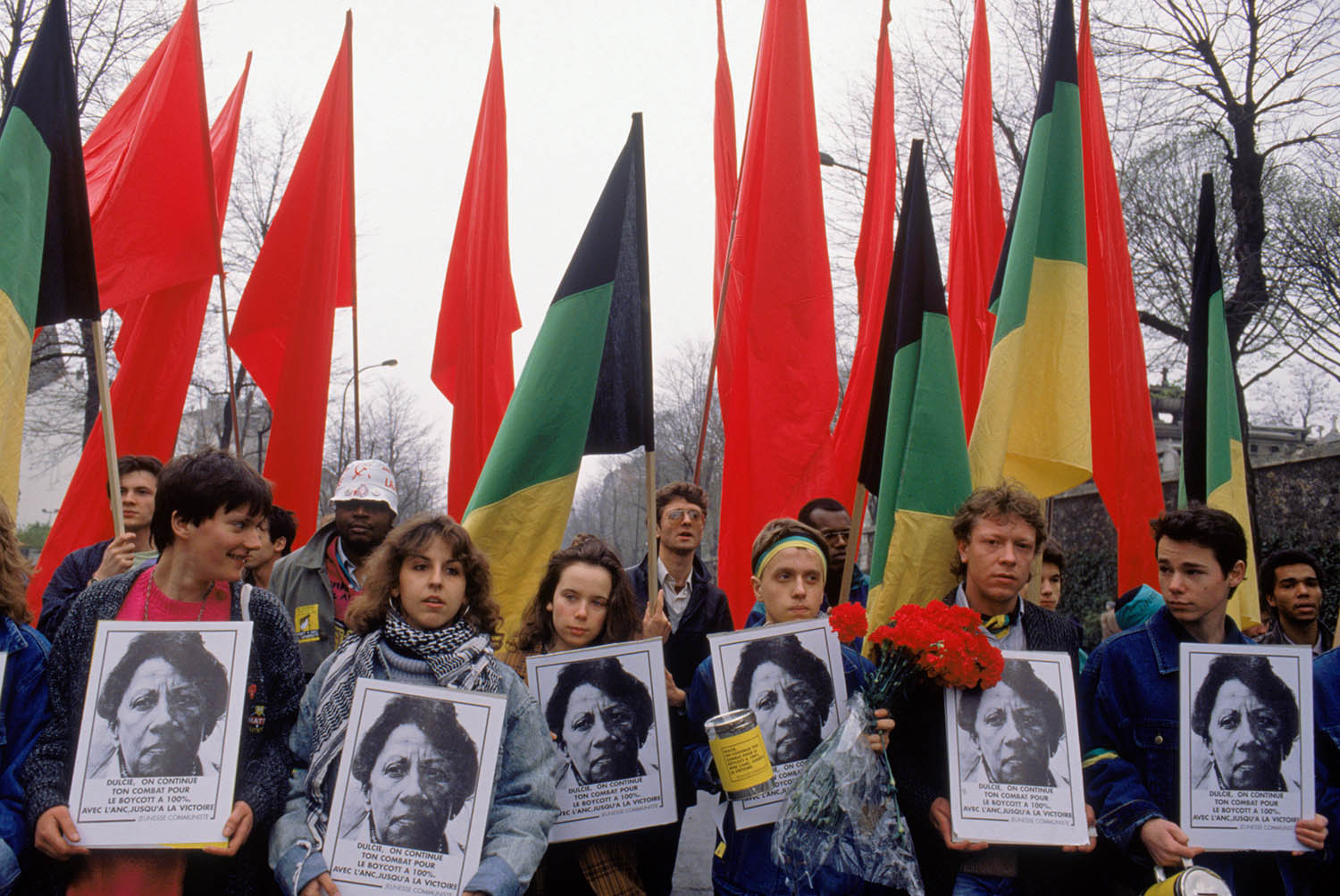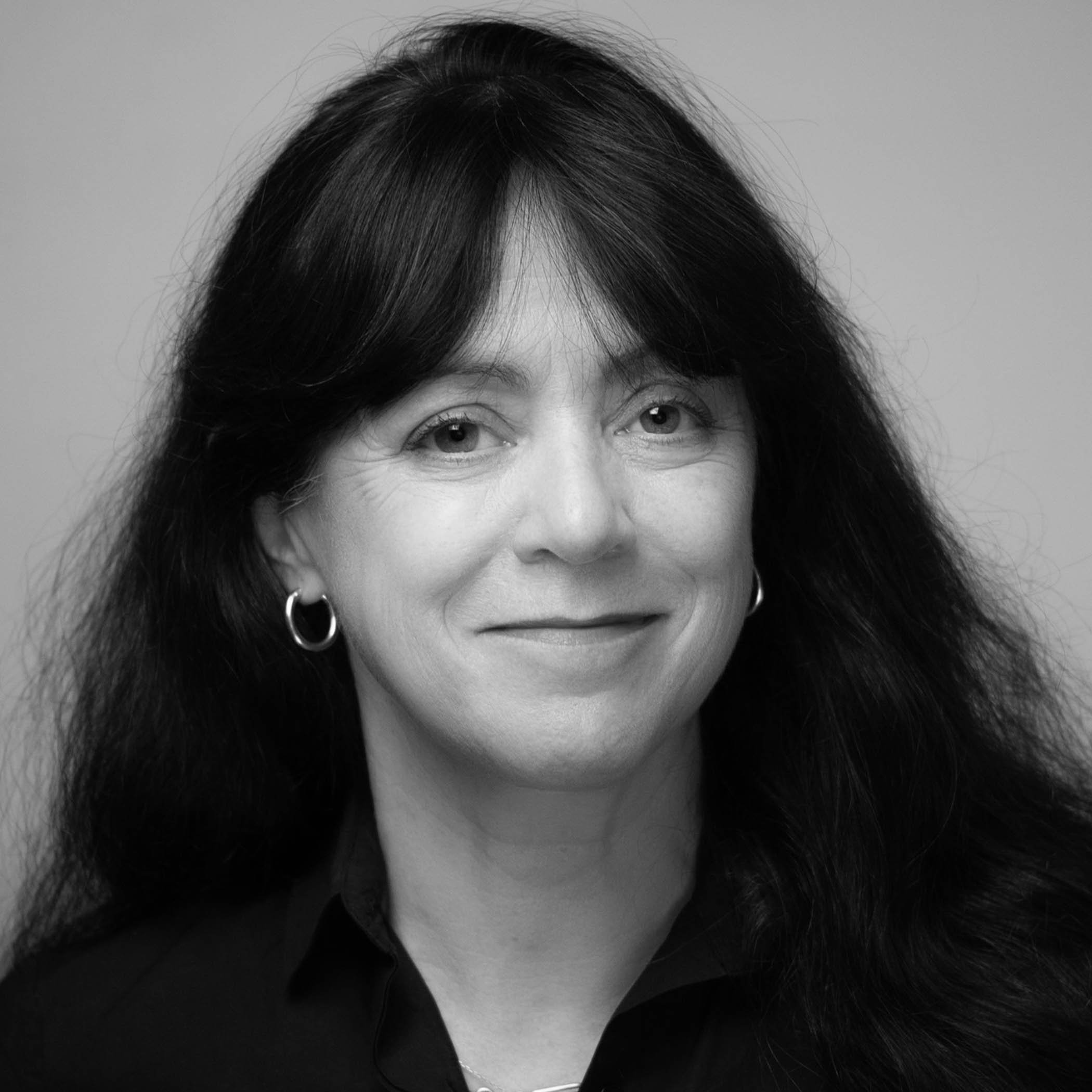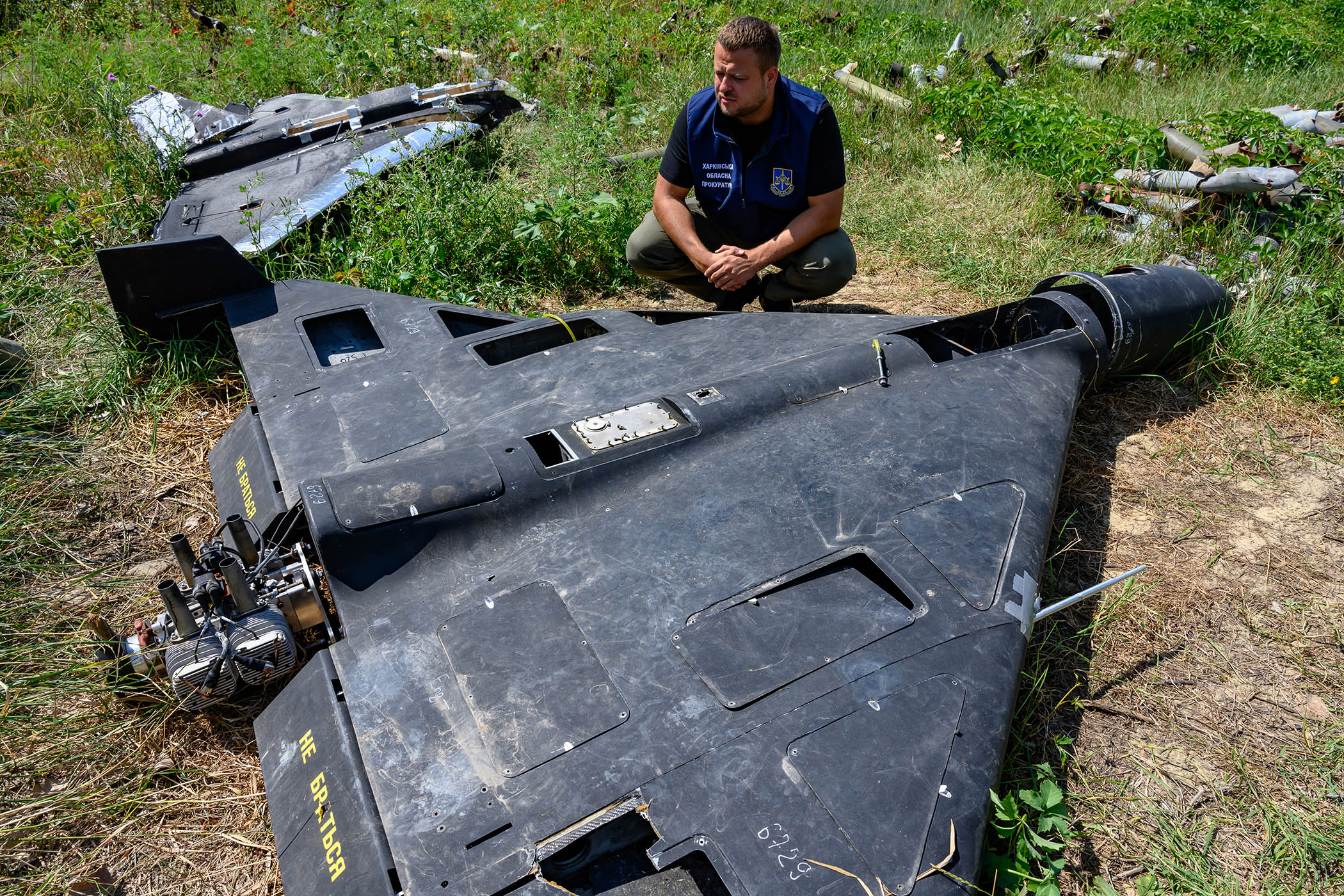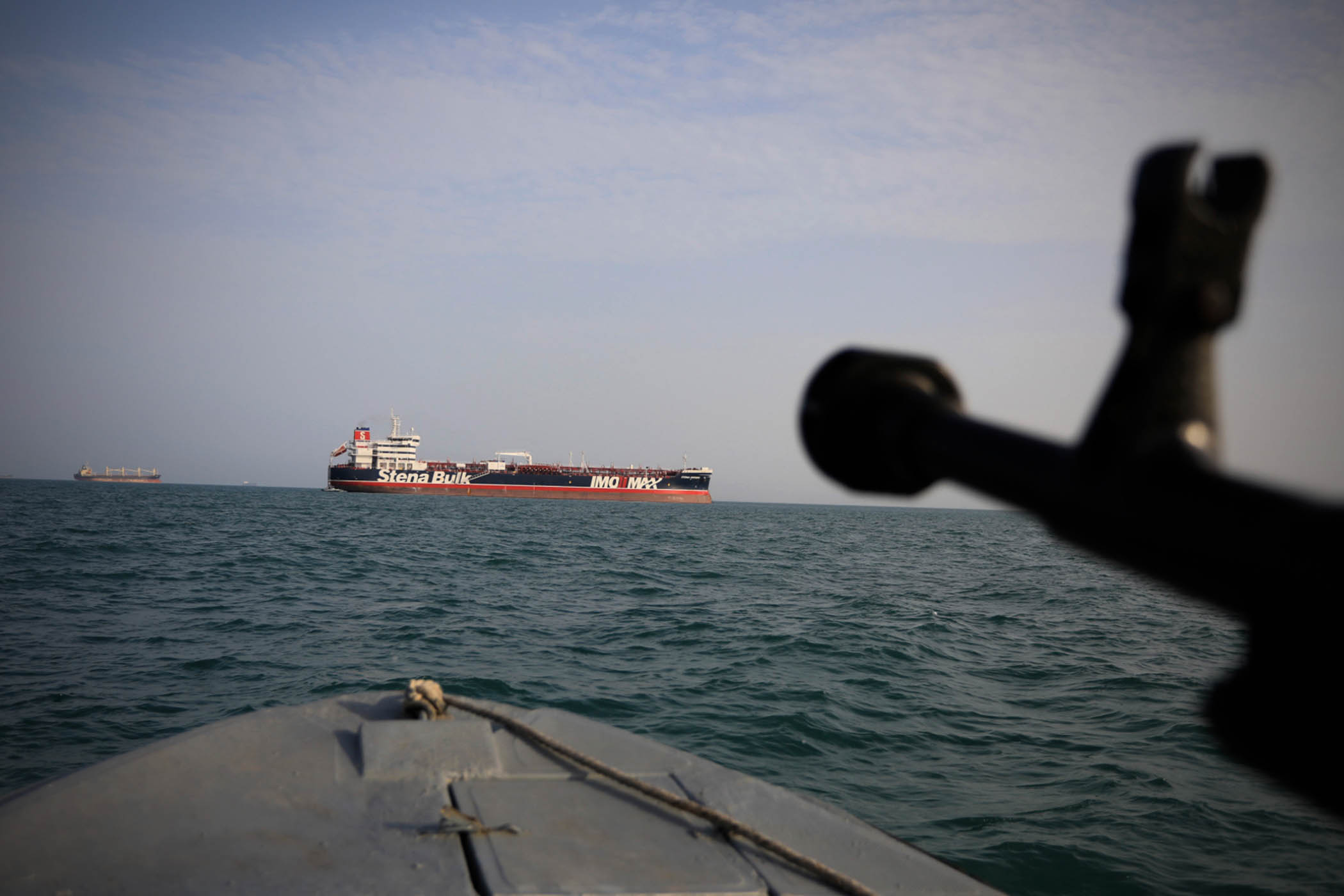For 37 years, the questions of who killed Dulcie September, the South African anti-apartheid activist gunned down at point-blank range in Paris, and why, have tormented her family and friends.
When and where is known: just before 10am on 29 March 1988 as the 52-year-old former teacher stepped out of the lift on the fourth floor of 28 Rue des Petites Ecuries, an unremarkable building in an unremarkable street in the north of Paris, with the mail in one hand and the office key in the other.
How is beyond doubt: five shots from a .22 calibre pistol fitted with a silencer – four in the mouth and one in the neck, fired at a range of 10-30cm. A sixth bullet missed and went into a wall.
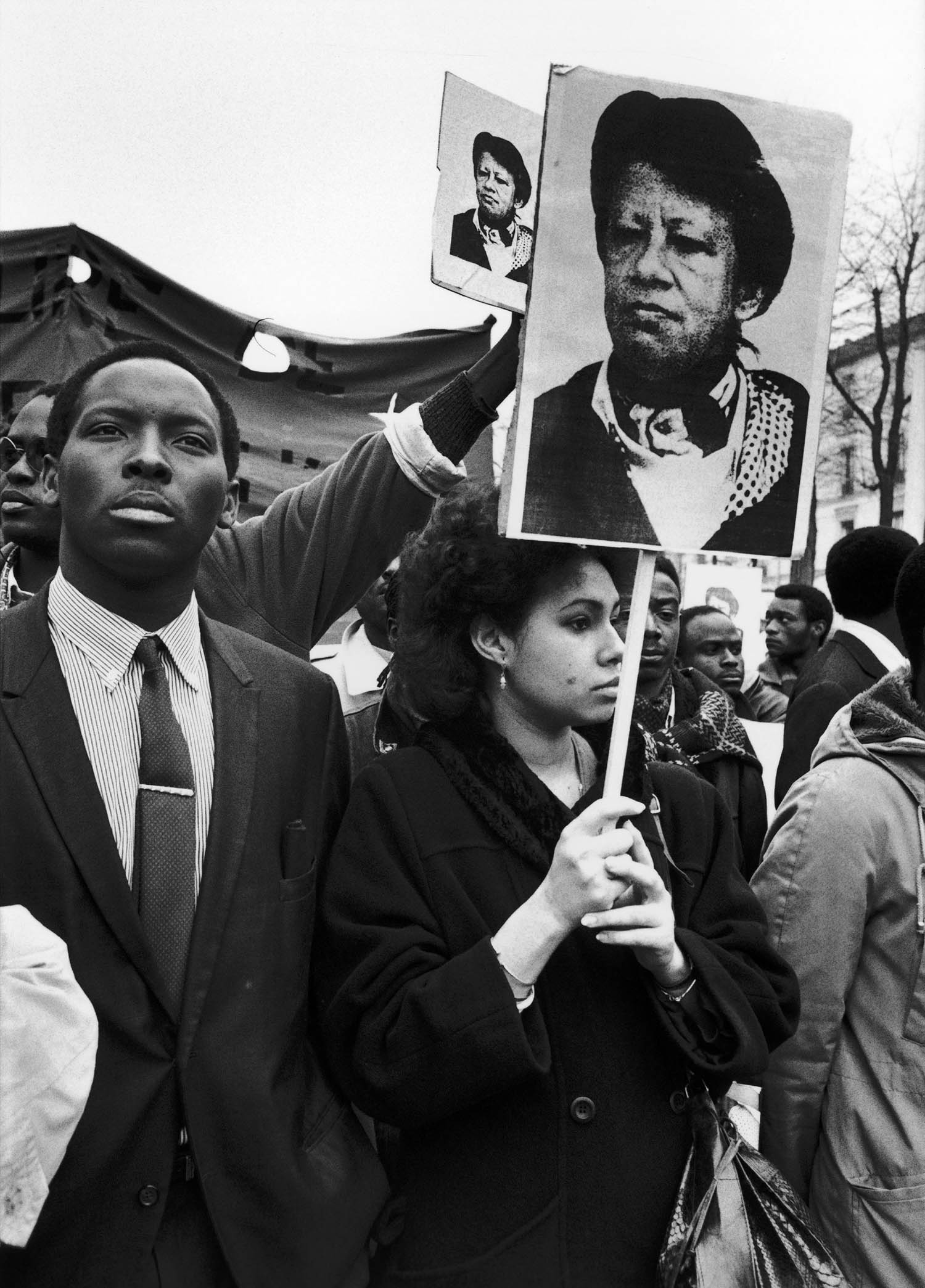
The funeral of Dulcie in Paris, France in 1988
But almost four decades on, the who and why remain a mystery.
“It’s incredibly frustrating,” September’s nephew, Michael Arendse, said in an interview with The Observer. “What is blocking it? Has there been some kind of deal between the countries not to muddy the water?”
September’s family is now pinning its hopes on a final appeal to France’s highest court to declare the killing an apartheid crime and crime against humanity, as well as long-overdue cooperation between French and South African investigators. The latter reopened their investigation three years ago and now say they are ready to request help from the French.
Arendse was just eight in 1973 when the woman he still calls Auntie Dulcie left South Africa following her release from prison and house arrest for anti-apartheid activities. He remembers her waving from the ship as it sailed from Cape Town on the 18-day voyage to the UK. It was the last time he saw the aunt who was “always joking” and making him and his siblings laugh.
In London, September joined the anti-apartheid liberation movement, the African National Congress (ANC), and around 1984 was dispatched to Paris as its representative in France, Switzerland and Luxembourg. Officially she was there to drum up support; unofficially to keep an eye on whether the French were adhering to the strict UN arms embargo imposed in 1977.
France had been a major supplier of arms to the apartheid regime and following the embargo sought ways of getting around sanctions to assist South Africa’s nuclear, arms and industrial technology programmes.
Newsletters
Choose the newsletters you want to receive
View more
For information about how The Observer protects your data, read our Privacy Policy
Days before the assassination, September told friends she had information about military and nuclear collaboration between Paris and Pretoria and thought she was being followed and her phones tapped.
Friend and translator Jacqueline Derens told The Observer that September had asked French police for protection and informed ANC headquarters in London after being harassed in the Métro and receiving threats. “When she told the police, they played it down. They said lots of women were harassed in the Métro. And the ANC dismissed her concerns as Dulcie being a diva, hysterical. I was shocked. But the ANC was something of a macho boys’ club at the time and not all were her friends,” Derens said from her home in Brittany.
The killing shocked France, where the next day’s headlines asked: Qui a tué Dulcie September? (“Who killed Dulcie September?”). But the country was weeks from a bitterly contested presidential election – won by Socialist François Mitterrand – and political minds were elsewhere.
It was rapidly assumed September had been professionally assassinated on the orders of the apartheid regime and shot by mercenaries engaged by its notorious C10 paramilitary hit squad, possibly collaborating with the French secret services.
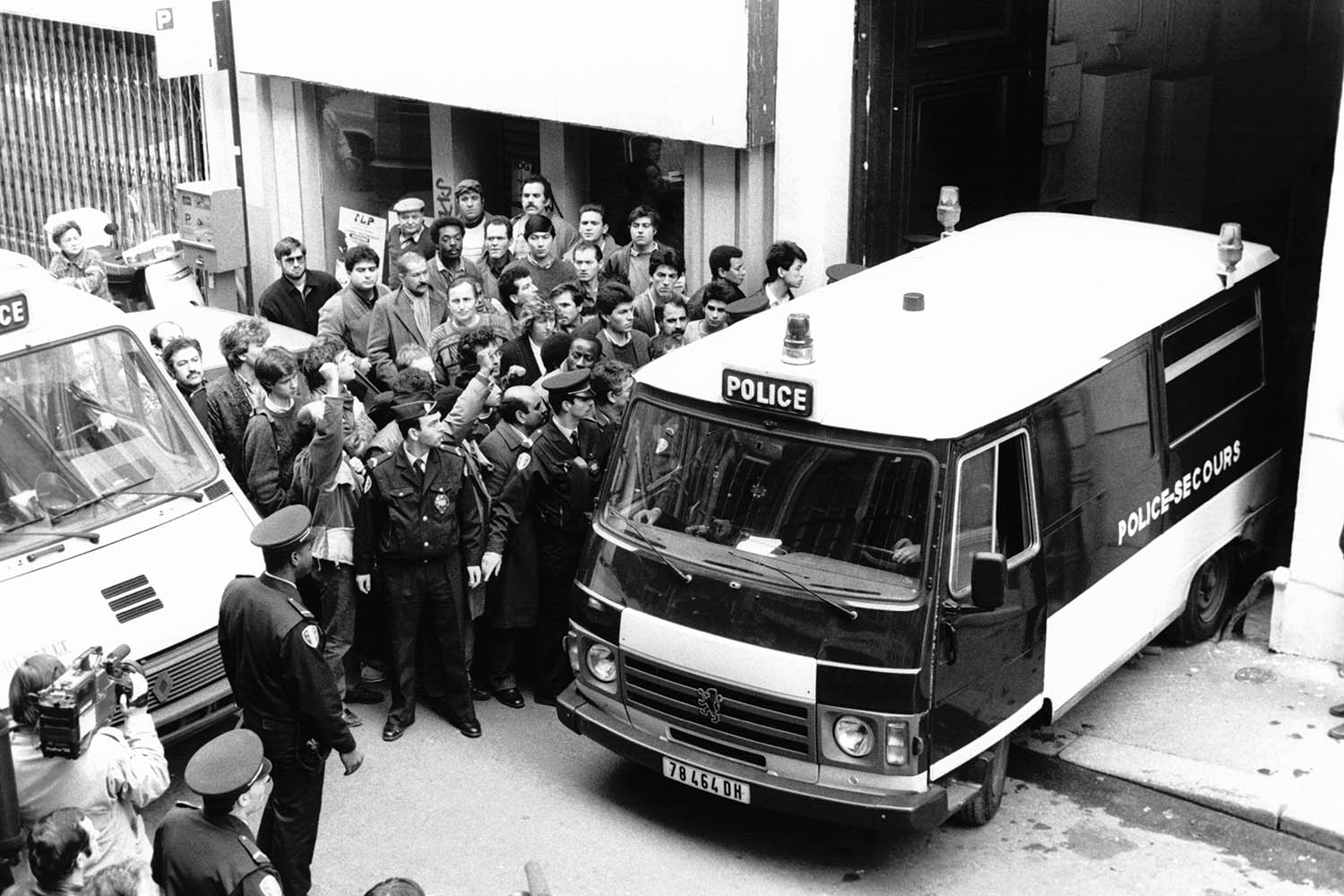
Police at the scene following the assassination
The official French inquiry into the killing was closed in 1992 when investigating magistrate Claudine Forkel declared the murder was “part of a plan to eliminate or intimidate ANC leaders in Europe” but admitted no proof of this had been established. Ten years later, the French destroyed the evidence, including the bullets and two cigarette butts found at the scene, along with bloody fragments of September’s jaw and teeth, her clothes, notebooks and diaries, without attempting to contact relatives.
“Her personal effects should have been returned to them but it seems nobody tried to find them,” said the family’s French lawyer, Yves Laurin, who described the investigation as “botched”.
In South Africa, the Truth and Reconciliation Commission (TRC) established to investigate apartheid-era crimes and abuses, heard testimony suggesting September’s murder was linked to her discovering illegal arms deals between France and South Africa. Various mercenaries, including two French “legionnaires” – one of whom claimed he was not in France, while the second was never traced – were named as possible killers, but the case was shelved for a lack of progress.
Since then, attempts to move the case forward have failed. In 2012, a Dutch investigative journalist, Evelyn Groenink, concluded that the idea of “apartheid hit-squads” roaming Europe was implausible. She said the lack of effort by either country to solve the murder suggested September – the only ANC figure killed outside the African continent – was assassinated on the orders of unidentified figures linked to the arms industry because she was about to uncover secret military and nuclear cooperation between Pretoria and Paris.
'Has there some kind of a deal between France and South Africa not to muddy the water?'
'Has there some kind of a deal between France and South Africa not to muddy the water?'
Michael Arendse, September’s nephew
In 2021, France refused a request by the Nelson Mandela Foundation to open the inquiry. Laurin says the office of the national anti-terrorist prosecutor has indicated it is now “disposed to cooperate” once it receives a request for information from the South African legal authorities, who reopened the murder investigation in November 2022 as part of a government-led push to conclude unresolved TRC matters. Arendse said he has been told the Western Cape high court is expected to sign an official request for French help “within the next few days”.
At the same time, Laurin, whose case against the French state for “denial of justice” and “gross negligence”, failed in the Paris appeal court last month, is also taking the case to the cour de cassation, the French equivalent of the supreme court, in the hope it will recognise the murder as “an apartheid crime and a crime against humanity”, for which there is no legal time limit. This would pave the way for the investigation to be reopened in France.
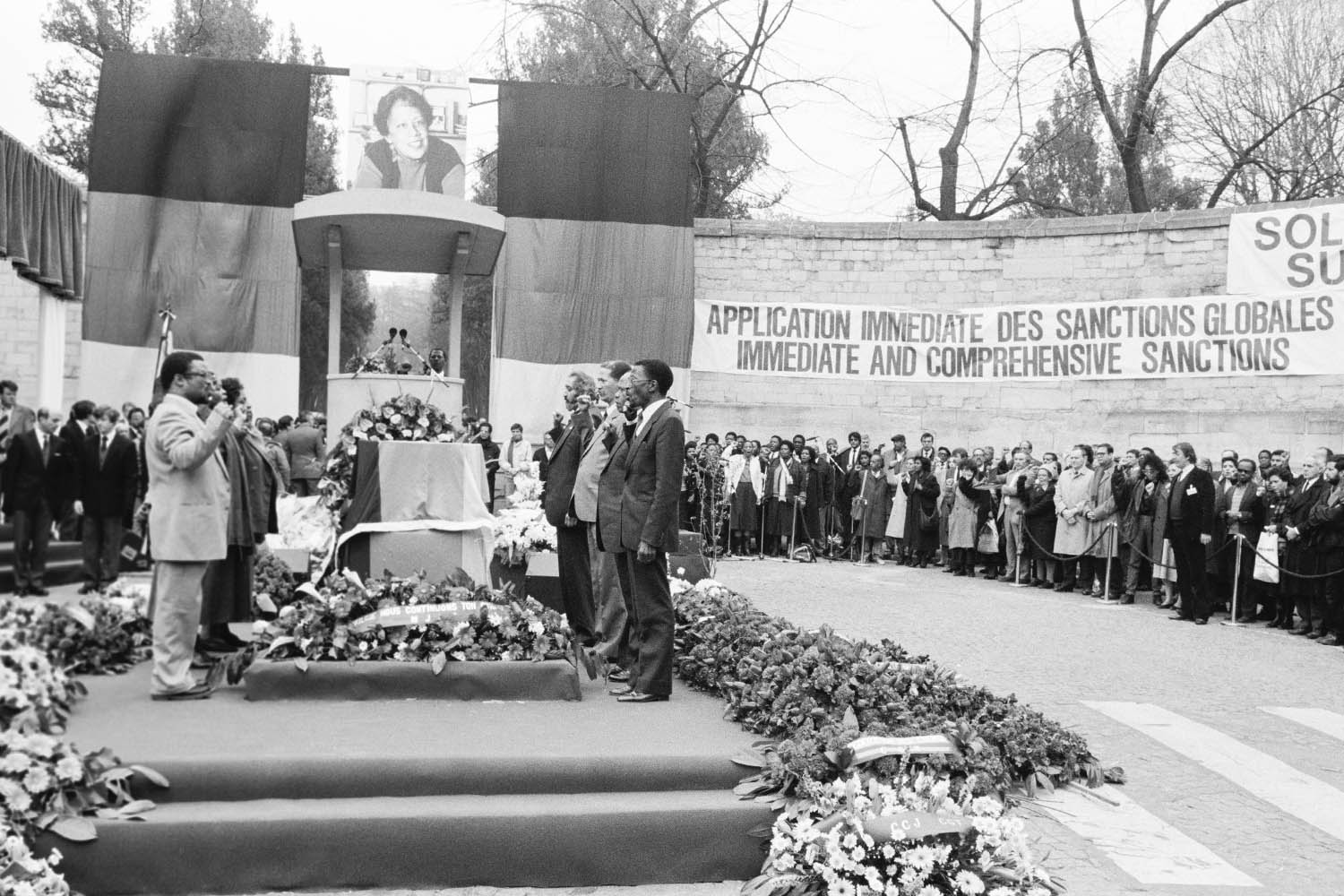
The funeral of Dulcie September at the Père-Lachaise cemetery in Paris, 9 April 1988
“We’ve been digging two ends of the tunnel and it’s finally coming to the point of convergence,” said Laurin, who has worked pro bono for the September family for seven years. “We are determined to pursue the truth. Here was a woman who had clearly uncovered something secret at a dark time in the history of France and South Africa, but did it merit her summary execution?
“We are determined to have this killing declared an apartheid crime and to shine light on it one way or another. Justice has been denied and we will continue our quest for the truth.”
For Arendse, who will mark what would have been Auntie Dulcie’s 90th birthday next month, the long fight for justice goes on. “One thing the families of those who have lost their lives in the struggle against apartheid have realised is the justice we were hoping to achieve for our loved ones might never come, or might be less than ideal,” he said. “Unfortunately, his is the reality we face.”
Photographs by Alain Nogues/Sygma/Sygma, Lily Franey/Gamma-Rapho, Frédéric Reglain/Gamma-Rapho via Getty Images
